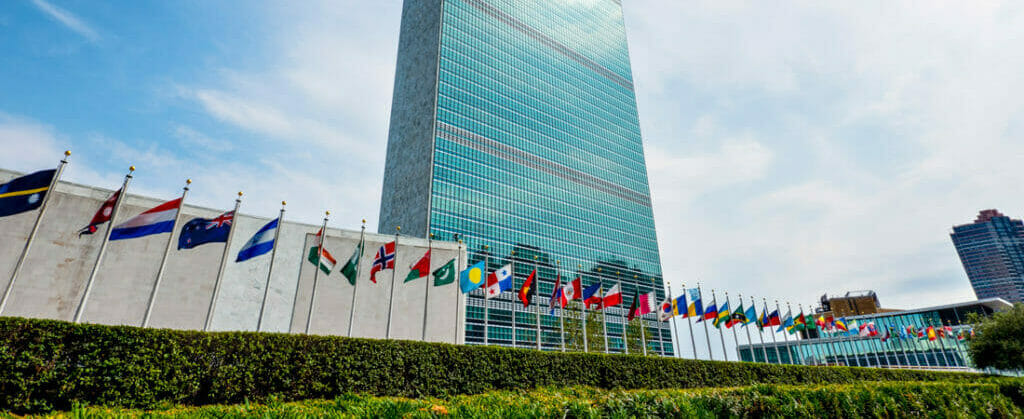Humanitarian crises can be defined as situations in which vulnerabilities are aggravated, and the threat to the security and dignity of individuals is such that it calls for external help and resources. This concept is well-established within the United Nations ecosystem, as seen in key documents such as Res. 61/131 and A/RES/78/119, which highlight the importance of humanitarian assistance and disaster relief. The world currently finds itself in a constant state of emergency, with nearly 400 disasters recorded in 2023 alone. This situation is further exacerbated by food insecurity and mass displacement, both of which have reached unprecedented levels, disproportionately affecting the most vulnerable populations. The rise in armed conflict globally also represents a significant emergency, leading to a series of consequences that endanger humanitarian assistance personnel, hinder humanitarian and health services, and drive most instances of food insecurity. Moreover, this scenario poses a significant obstacle to achieving gender equality, as women and girls are disproportionately vulnerable to gender-based violence, discrimination, and the lack of humanitarian protection.
This alarming situation makes it clear that the world is facing an ever-growing challenge in managing such complex emergencies, underscoring the importance of strengthening and organizing a capable system to address them. In this context, attention to humanitarian and disaster relief assistance is more critical than ever, with the United Nations and its partners playing a vital role in response efforts. They are continuously working to adapt, innovate, and enhance the effectiveness of their assistance. Notable developments in the coordination of disaster relief conducted by the UN include the refinement of the Humanitarian Programme Cycle, which establishes needs assessment and analysis; the Cluster System, which efficiently organizes humanitarian actors by sector; and the Sendai Framework, which focuses on risk mitigation, among others.
Despite these advancements, humanitarian response remains a sensitive topic that must be approached with care, as it presents significant challenges in the current context. The climate crisis exacerbates an already alarming situation, demanding both adaptation and mitigation while triggering threats such as famine and displacement. In conflict areas, it is difficult to guarantee humanitarian access and the observance of humanitarian law, putting civilians—especially the most vulnerable—at great risk. It is also crucial to remember that humanitarian relief assistance is inherently urgent, dealing with immediate emergencies that must be addressed swiftly. This urgency justifies the paramount importance of coordinating assessment with preparedness, which has been shown to double response efforts and ensure accurate predictability and prioritization of results. These and other challenges underscore the necessity for Member States to respect humanitarian law, facilitate rapid access to humanitarian relief, and place protection at the center of humanitarian response.


